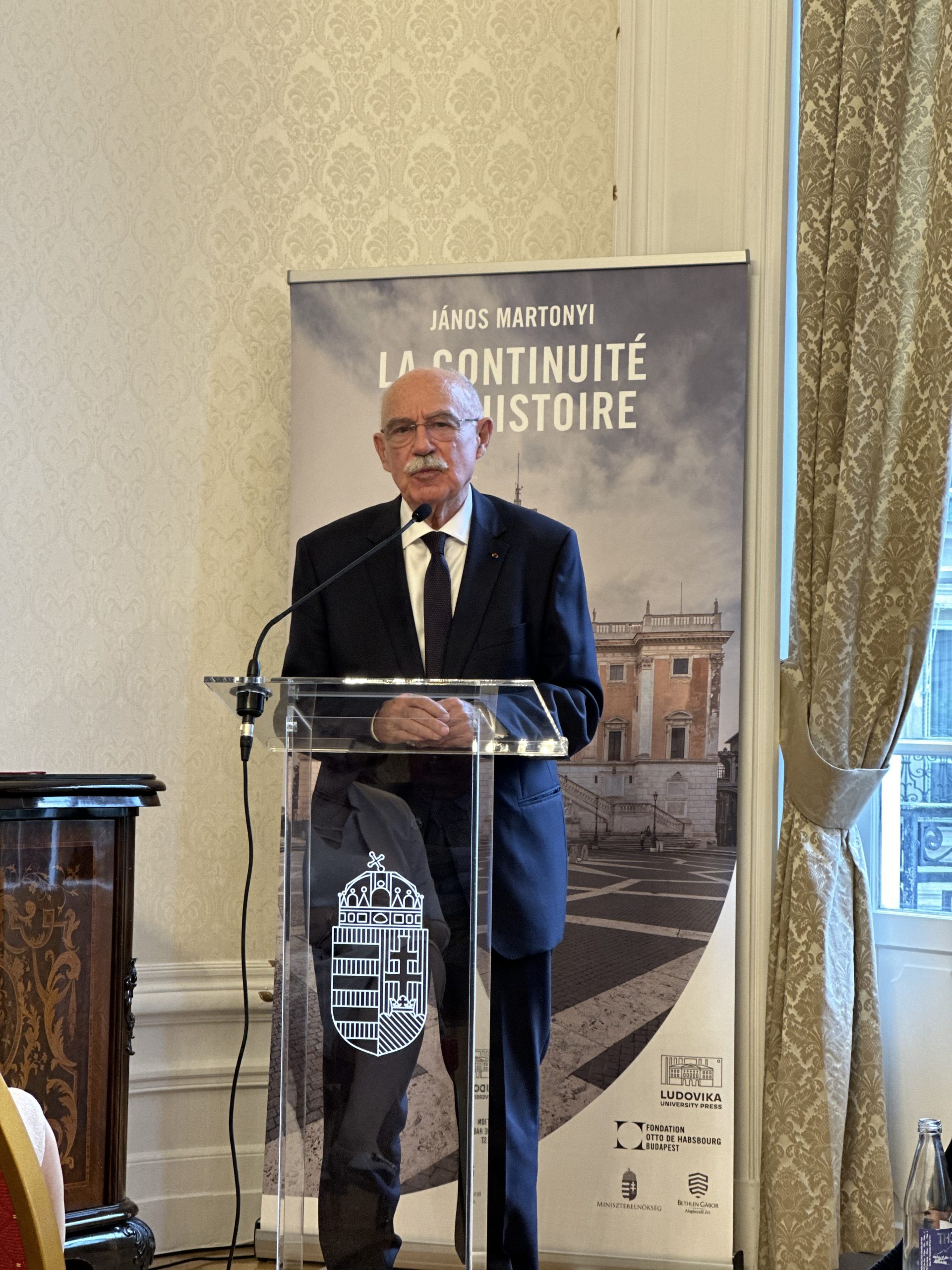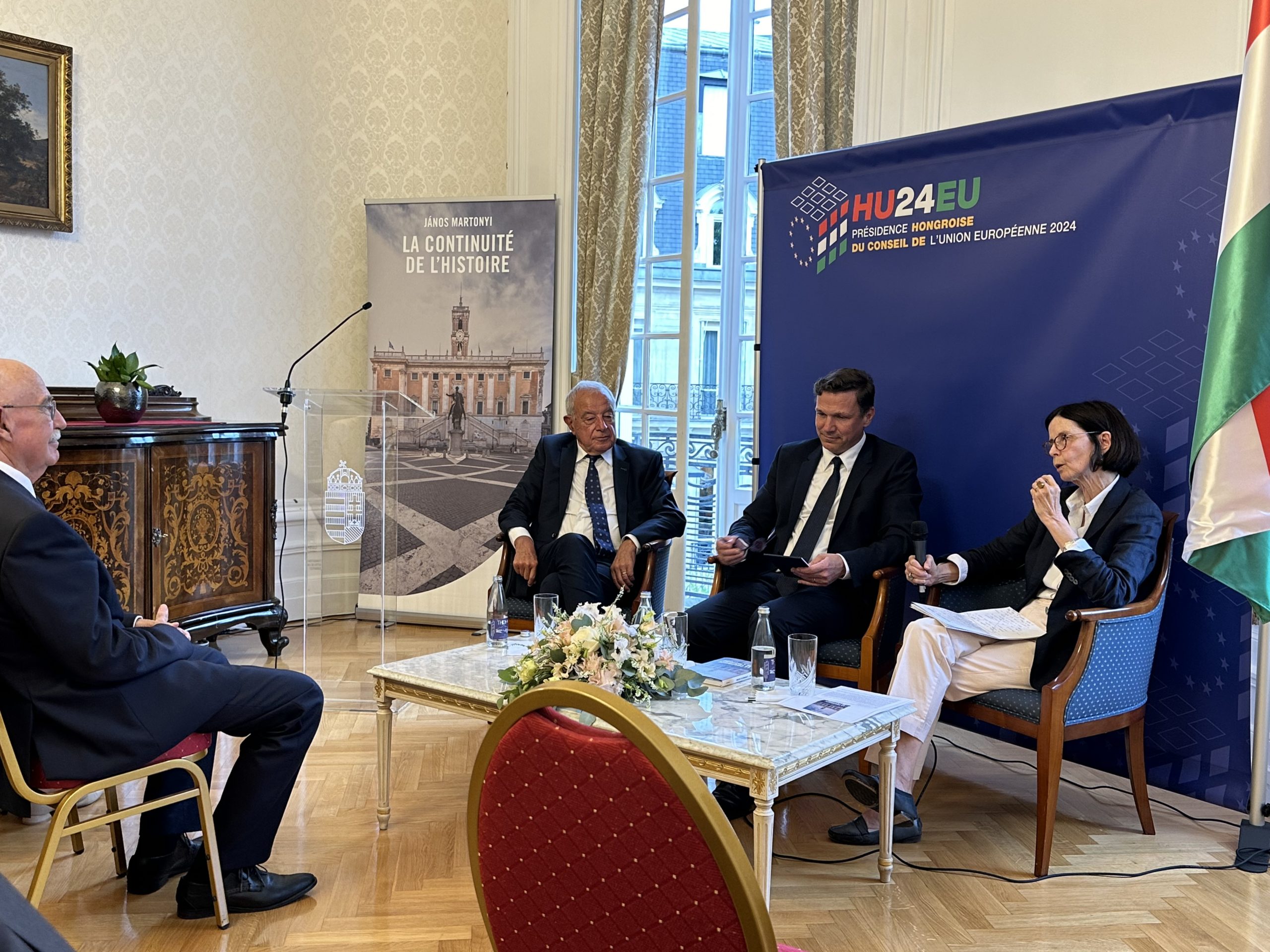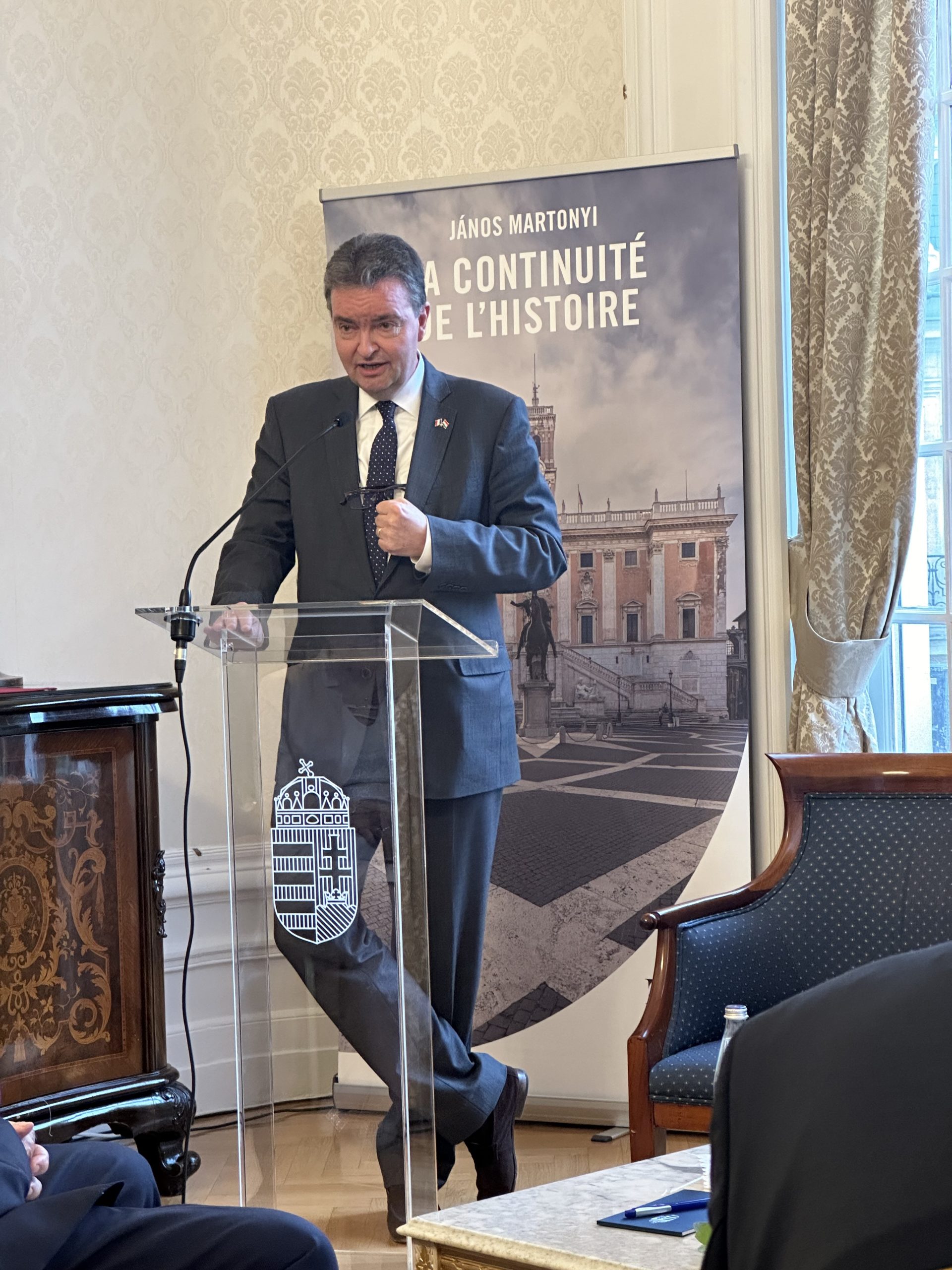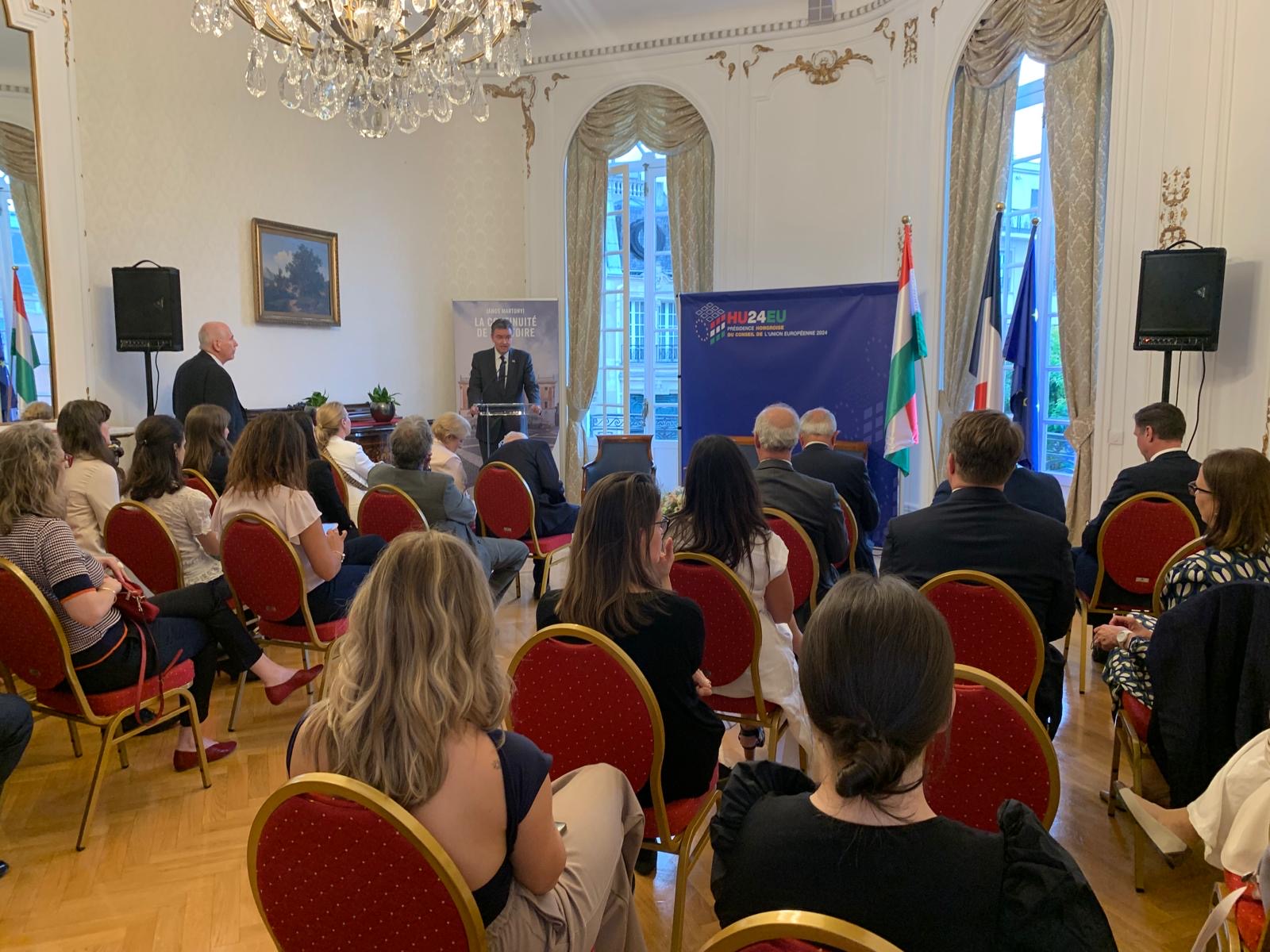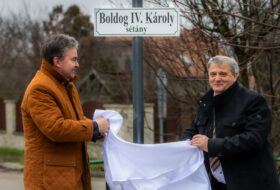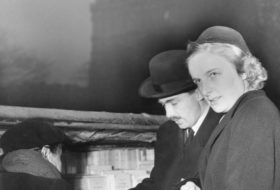The salon of the Hungarian Embassy in Paris hosted the launch of the book La Continuité de l’Historie by the former Hungarian Foreign Minister János Martonyi, published by our Foundation and the Ludovika University of Public Service. The event was part of the Hungarian EU Presidency’s programme in France. Our book release event was attended by dozens of distinguished guests, including former public figures and diplomats such as Jean-Dominique Giuliani, Chairman of the Board of the Robert Schuman Foundation, or Jean-Thomas Lesueure, General Director of the French Thomas More Institute, as well as the leaders of several political think tanks. The presence of the author’s family made the evening particularly cordial.
In his welcome speech, Ambassador Georg von Habsburg praised the merits of János Martonyi, drawing parallels between the former Hungarian Foreign Minister and his father, Otto von Habsburg, through their most striking common trait: their unwavering optimism. The book was presented by Alain Lamassoure, former French Minister, and Pascale Andréani, former French Ambassador to Hungary, with the participation of Gergely Fejérdy, Deputy Director of Scientific Affairs of our Foundation. It was pointed out during the discussion that János Martonyi’s patriotism and his inextricable Europeanism almost radiate from the writings of the book, which includes lectures and longer essays. The French speakers also underlined that the former Hungarian Minister was a great admirer of the French language and culture and had contributed significantly to French-Hungarian relations—it was no coincidence that he published his thoughts in Molière’s language. Former French Minister Alain Lamassoure gave an insightful assessment of János Martonyi’s book while highlighting the importance of the former Hungarian Foreign Minister. (His speech is presented in French below.)
Alain Lamassoure-speech (french, original)
Pascale Andréani recalled her encounters with János Martonyi from her early days as a young diplomat. She was captivated by the Hungarian minister’s broad vision of foreign policy and his historical perspective. The Ambassador said that she had come to know the former Hungarian Foreign Minister as a politician who listened to others, was always open to dialogue and was committed to the motto of the continent: “Unity in Diversity”. She concluded with a short personal memory: during her years as Ambassador in Budapest, János Martonyi introduced her to Miklós Radnóti’s poetry, which has become one of her favourites and motivates her to learn the Hungarian language.
The discussion also touched on the importance of culture, subsidiarity, and the Hungarian EU Presidency. Alain Lamassoure and Pascale Andréani stressed that János Martonyi is an example of how European nations should listen to each other and seek to know and understand each other. They expressed their hope that the book’s philosophy would serve as an example for today’s Hungarian and European politicians.
János Martonyi expressed his thanks for the laudatory words in his closing remarks. He explained that his book was indeed intended to raise awareness that culture and civilisation are taking a back seat to the pressing issues of economics and politics, even though these should be the priority for a nation and for Europe. He is convinced, he stated, that this approach would facilitate mutual understanding and acceptance, which is so crucial in international relations. Although Europe and Hungary have endured countless setbacks, he and Otto von Habsburg have always been one of those optimists who trusted in a better future.

